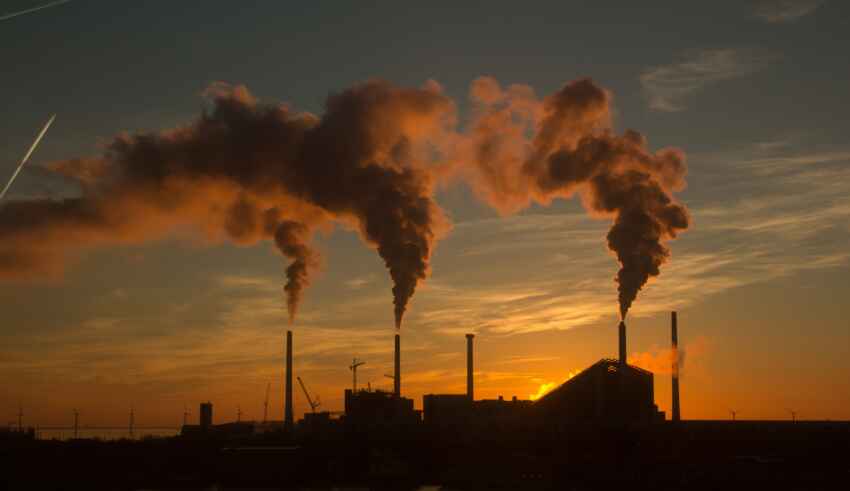
The global push towards a sustainable future has led to an increased emphasis on phasing out fossil fuels in favour of renewable energy sources. Whilst from an environmental perspective such a step seems necessary, thus inevitable, the complex geopolitical consequences of phasing out fossil fuels present a great obstacle.
Unsurprisingly, one of the most significant geopolitical consequences of phasing out fossil fuels lies in the redistribution of power among nations. Post industrial revolution fossil fuels have become vital for any country, however, their distribution is uneven among nations. As a result, countries rich in fossil fuels have not only built their economies around them but have also relied on them to gain political leverage and pursue their interests on the international stage. It naturally follows that, were fossil fuels to be phased out, these nations would find themselves with a greatly impacted economy and with a severely diminished political influence. Nonetheless, reduced or non-existent demand for fossil fuels is not the only factor that will determine a new geopolitical order. In fact, countries’ standing on the international stage will also be determined by how they will position themselves in the race to become leaders in renewable energy.
Although renewable energy is available, in one form or another, in most countries, the race to become leaders in renewable energy technology will cause new power shifts. A further aspect to consider is that renewable energy would allow countries more independence in terms of energy production. This way, the present system of reliance that leads to dependant countries having to compromise in order to preserve energy supply and costs, would be dismantled. Similarly, unlike fossil fuels, renewables take the form of energy flows and tend to not exhaust themselves, they are thus less vulnerable to intentional disruption. As a result, energy would be less weaponised as a political tool than it currently is.
With this in mind we shall dive deeper into what it might mean for the current geopolitical situation. The Middle East and North Africa together with Russia are the regions most reliant on export of oil and gas, thus also those most likely to be affected by a phase out of fossil fuels. As they currently employ fossil fuel rents to finance socio-economic development, strengthen their military and invest in foreign assets, it will be vital for these countries, in order to retain some international influence, to start the process of diversification of their economies to reduce reliance on fossil fuels. Among the highly dependent economies, Europe and Japan, hold relatively strong positions in renewable technologies, which might allow them to become leaders in this sector. In Europe, for example, Germany’s energy transition has made the country a frontrunner in renewable energy deployment. The US, although less reliant on imports of fossil fuels, is well positioned to benefit from the transition to renewables, especially thanks to their investments in new technologies. Although still highly dependent on imports, China also holds a leading position in manufacturing, innovation and deployment of renewable energy technologies. It is, in fact, the main location for renewable energy investment. Another potential big player in the renewable business may be India, who is supposed to overtake China as the world’s largest energy growth market. It would thus seem that a phase out of fossil fuels would primarily have two consequences.
The first is the most obvious one, phasing out would significantly and negatively impact the main exporters of oil, especially those that unlike the UAE for example, have not already started their efforts to diversify their economies and which, often, also have to face great internal instability and poverty. The second is that it would force countries that already have the ability to do so, including Europe, China and the US, to effectively implement a policy of full transition to renewables. Crucially, as already mentioned, doing so would also allow these countries to become more independent with regards to energy. This, in turn, would mean they would no longer have to be vulnerable to conflicts and crisis taking place in fossil fuels exporting countries or to the adverse political interests they might pursue. Therefore, ultimately, a phase out of fossil fuels would primarily reinforce the geopolitical influence of countries that are already big players on the international stage, whilst it would diminish the influence of countries that have relied primarily on fossil fuels to gain such political power. It may, nonetheless, not be all bad for oil-exporting countries. In fact, a phase out of fossil fuels might be the catalyst of a much-needed rethinking of their economies. This might mean to invest in a variety of sectors that are more likely than oil-production alone to develop their civil societies in a robust and comprehensive way. As a result of this, such countries may built their influence in the international community on more solid grounds.
Finally, as the world charts a course toward a sustainable energy future, the geopolitical consequences of phasing out fossil fuels will shape the international landscape for decades to come. Nations must, therefore, navigate the challenges and opportunities presented by this transition so as to form a stable, potentially more even, geopolitical order.
By The European Institute for International Law and International Relations















